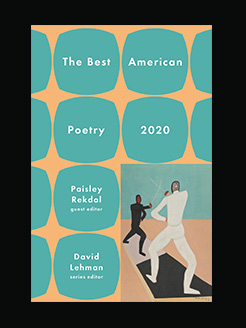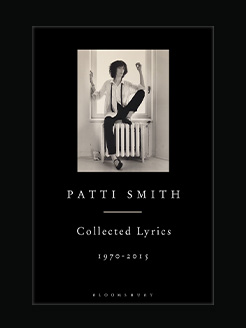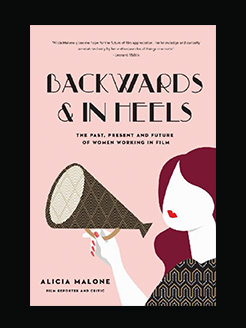Published in 2013
496 pages
Svetlana Alexievich was born in Ivano Frankivsk, Ukraine. Her father was Belarusian and her mother Ukrainian. Alexievich grew up in Belarus, where both her parents were teachers. She studied to be a journalist at the University of Minsk and worked a teacher, journalist and editor. In Minsk she has worked at the newspaper Sel’skaja Gazeta, Alexievich’s criticism of the political regimes in the Soviet Union and thereafter Belarus has periodically forced her to live abroad, for example in Italy, France, Germany and Sweden.
Svetlana Alexievich depicts life during and after the Soviet Union through the experience of individuals. In her books she uses interviews to create a collage of a wide range of voices. With her “documentary novels”, Svetlana Alexievich, who is a journalist, moves in the boundary between reporting and fiction. Her major works are her grand cycle Voices of Utopia, which consists of five parts. Svetlana Alexievich’s books criticize political regimes in both the Soviet Union and later Belarus.
In 2015 Ms Alexievich was awarded the Nobel Prize for Literature.
What is this book about?
From the 2015 winner of the Nobel Prize in Literature, Svetlana Alexievich, comes the first English translation of her latest work, an oral history of the disintegration of the Soviet Union and the emergence of a new Russia.
Bringing together dozens of voices in her distinctive documentary style, Secondhand Time is a monument to the collapse of the USSR, charting the decline of Soviet culture and speculating on what will rise from the ashes of Communism.
As in all her books, Alexievich gives voice to women and men whose stories are lost in the official narratives of nation-states, creating a powerful alternative history from the personal and private stories of individuals.
Svetlana Alexievich was born in the Ukraine in 1948 and grew up in Belarus. As a newspaper journalist, she spent her early career in Minsk compiling first-hand accounts of World War II, the Soviet-Afghan War, the fall of the Berlin Wall and the Chernobyl meltdown. Her unflinching work—‘the whole of our history…is a huge common grave and a bloodbath’—earned her persecution from the Lukashenko regime and she was forced to emigrate. She lived in Paris, Gothenburg and Berlin before returning to Minsk in 2011. She has won a number of prizes, including the National Book Critics Circle Award, the Prix Médicis, and the Oxfam Novib/PEN Award. In 2015, she was awarded the Nobel Prize for Literature.
Bela Shayevich is a writer, translator and illustrator. Her translations have appeared in journals such as Little Star, St. Petersburg Review, and Calque. She was the editor of n+1 magazine’s translations of the Pussy Riot closing statements. Of Alexievich’s writing, she says it is ‘resounding with nothing but the truth’.







